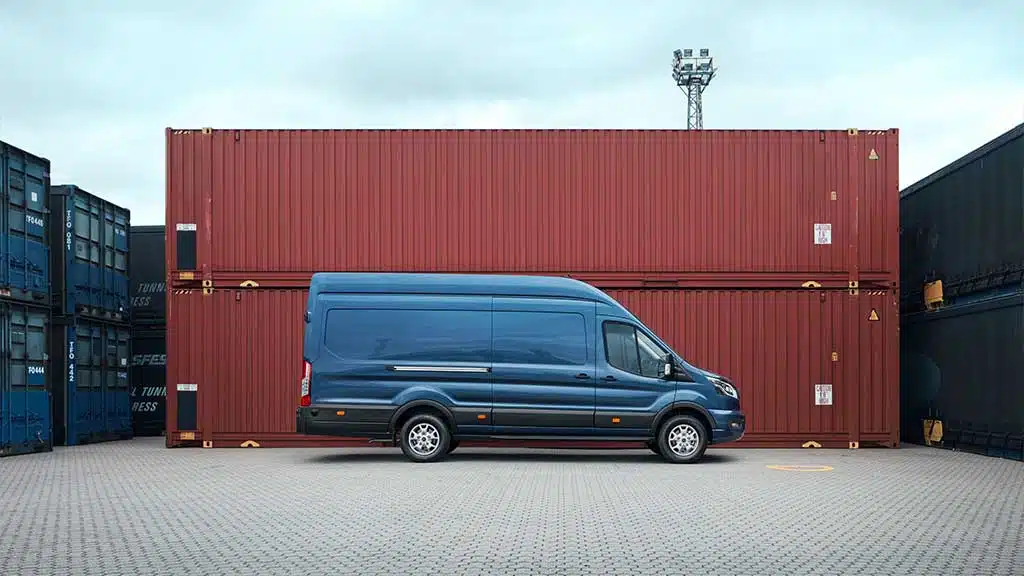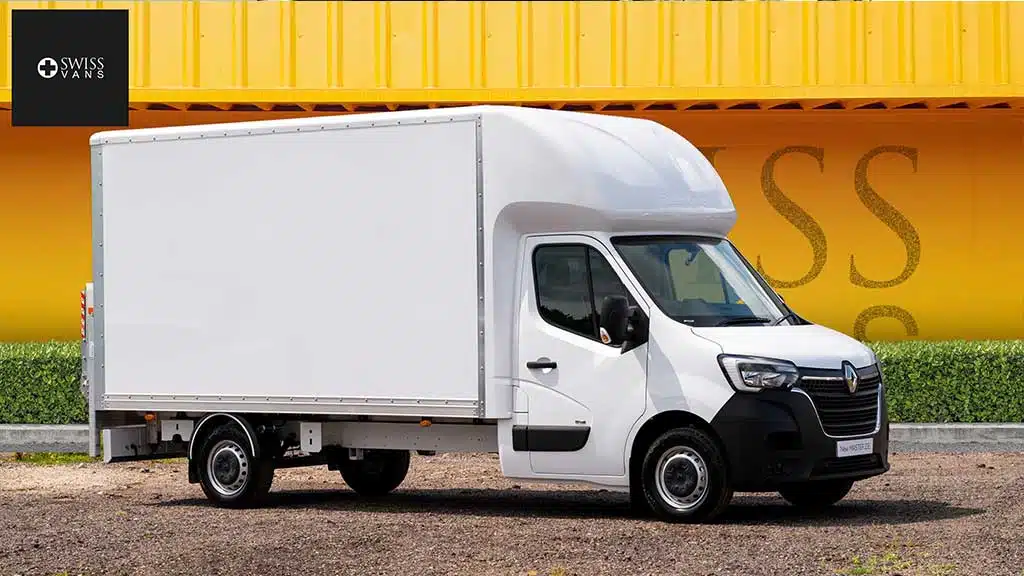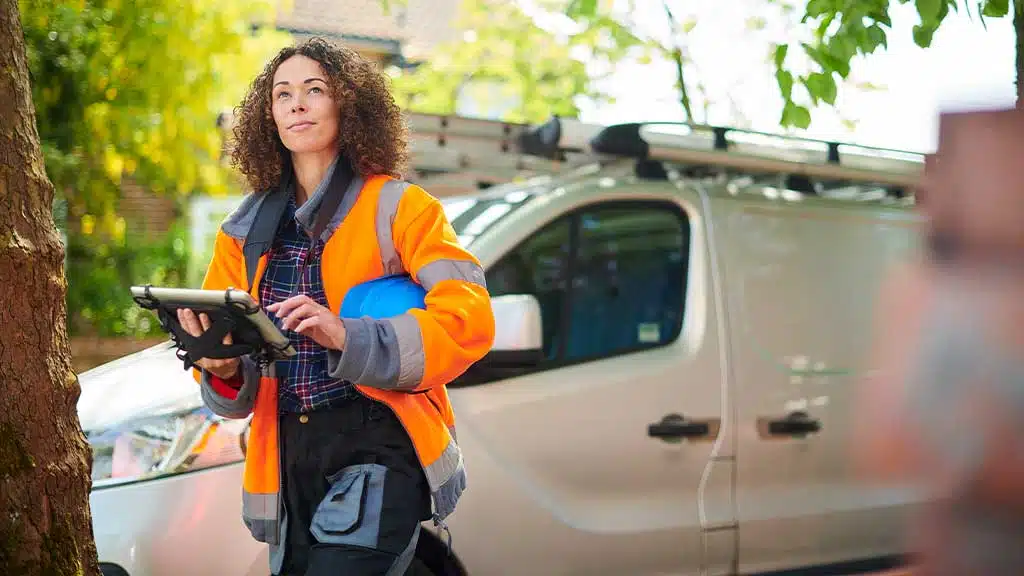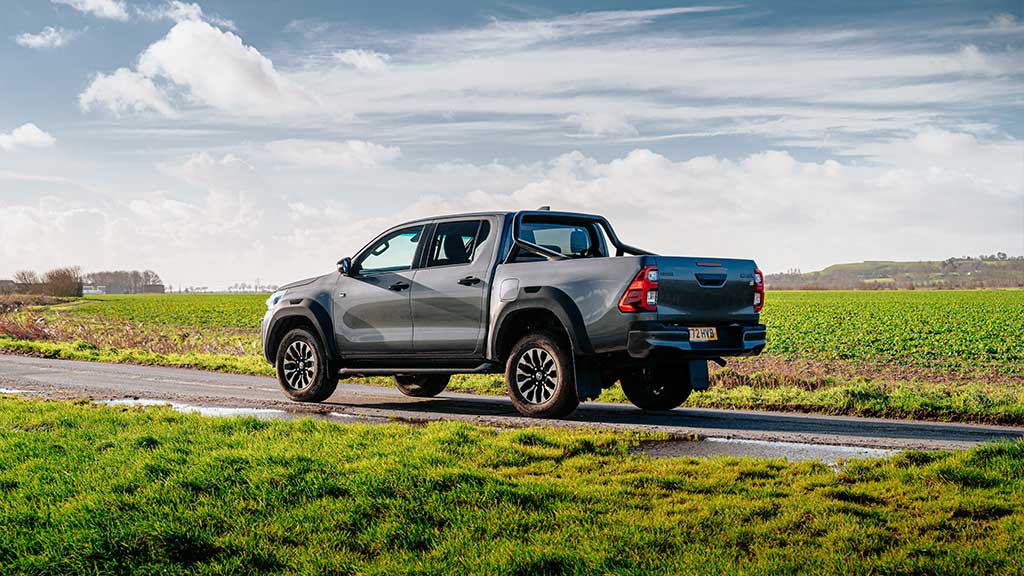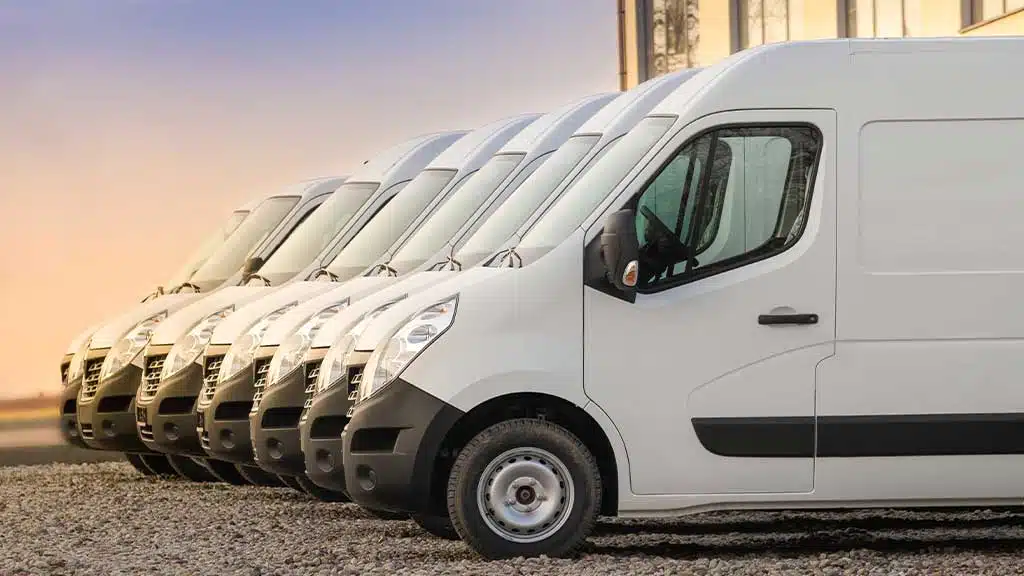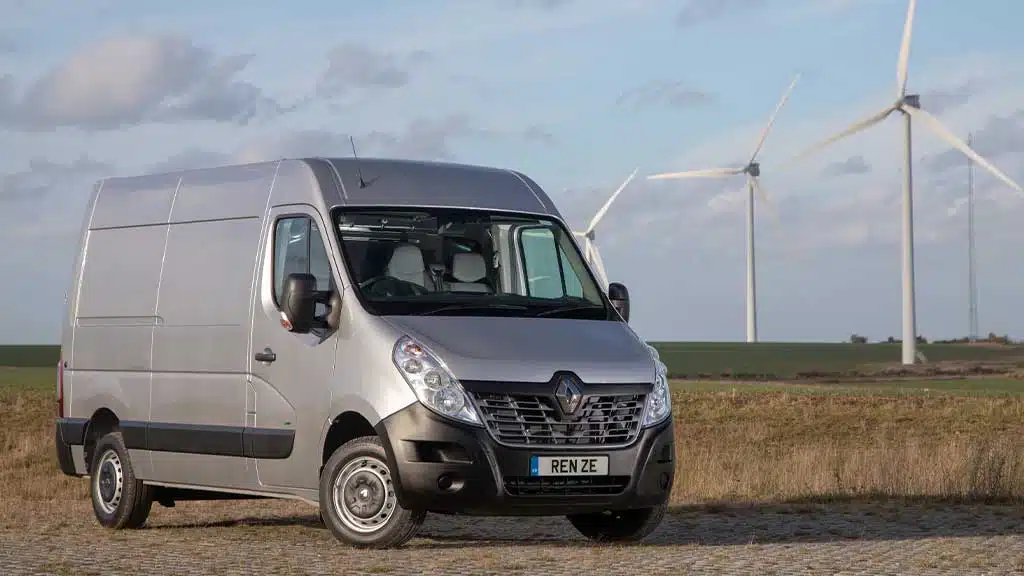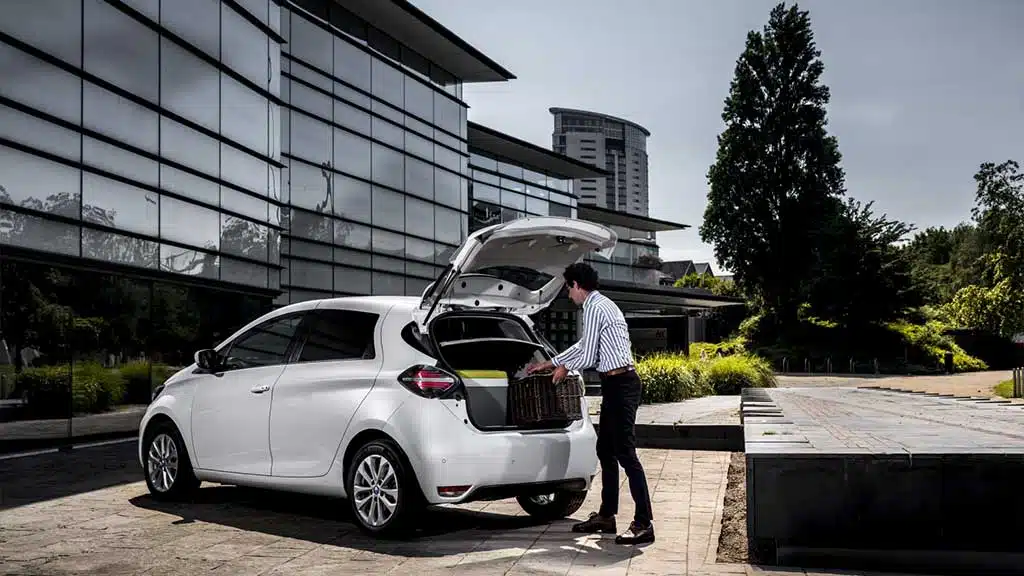Is road tax cheaper for a campervan compared to let’s say a regular van or a car?
Britishers are well-renowned for their love of outdoor adventures and road trips. And when you have roads spreading over 200,000 miles, you can rest assured a new adventure is waiting for you every time you plan an outing with your family or friends.
The new EU tax policy in September 2019 and the subsequent scrapping of the reclassification in 2020 have made campervan road tax a matter of vast uncertainty among people in the UK.
In this article, we’ll provide detailed information about campervans or motorhomes road tax, how are they classified for tax purposes, and more. Rest assured, all your queries regarding road tax for campervans will be answered if you go through the entire post.
Let’s start with some basics-
Understanding VED (Vehicle Excise Duty)
To understand the road tax for campervans in the UK, you should first know what VED is. Also known as road tax, VED is the annual tax paid for every vehicle plying on the UK roads. The amount of tax vehicle owners pay depends on several factors, including the type of vehicle, fuel type, engine size, emission levels, etc.
There are two types of VED-
- One-Time Payment- The one-time VED applies to the purchase of new vehicles.
- Yearly Road Tax- After the initial year of purchase, the campervan or motorhome is subject to annual road tax payments. Vehicle owners can either pay this through a single payment or monthly installments through direct debit. However, the payment is slightly higher if you select monthly payments.
It is worth noting that the one-time tax payment is only applicable to the purchase of new vehicles. So, if you’re purchasing a used campervan or motorhome, you won’t be required to pay this one-time tax. However, yearly campervan road tax will still be applicable.
Campervan Classification for Road Tax
Campervans are generally classified as PLG (Private/Light Goods) or Private HGVs (Heavy Goods Vehicles) for tax purposes. However, the campervan road tax is not the same for every model. There are several factors based on which the tax is calculated. Take a look-
Campervan Production Date

There are production date categories for campervans and the road tax varies for every category. Currently, there are three such categories- Vehicles registered before March 1st, 2001, registered between March 1st, 2001 and March 31st, 2017, and registered on or after April 1st, 2017. The motorhome road tax ranges from £165 to £580 per year between these categories.
Gross Weight and Engine Size
The road tax for campervans also varies based on the gross weight and engine size of the vehicle. There are two gross weight or revenue weight categories- Up to 3,500kgs (Private/Light Goods Vehicle or TC11 Category) and over 3,500kgs (Private Heavy Goods Vehicle or T10 Category).
Within the TC11 category, there are two engine size categories- Up to 1,549cc and over 1,549cc. So, the overall road tax for campervans is as follows-
- Campervans weighing up to 3,500kgs with an engine size of up to 1,549cc- £170 per year
- Campervans weighing up to 3,500kgs with engine size of above 1,549cc- £200 per year
- Campervans weighing above 3,500kgs- £325 per year
For example, road tax for VW T5 campervan (2.0 TDI CR) will be £325 as it features a 1,968cc engine and weighs over 1,800kgs.
Other Campervan Road Tax Classifications
There are some other campervan classifications, mostly based on emission levels and age, for the purpose of road tax calculation. Take a look-
Euro 5 Campervans
Euro 5 compliant campervans or motorhomes that were registered between January 1st, 2009 and December 31st, 2010 have to pay an annual road tax of £140. But this will only be applicable if the vehicle weighs below 3,500kgs.
Euro 4 Campervans
Like Euro 5 campervans, Euro 4 compliant campervans also have their annual road tax fixed at £140 if they were registered between March 1st, 2003 and December 31st, 2006. But this motorhome road tax 2023 for Euro 4 vehicles is applicable if it weighs below 3,500kgs.
Classic Motorhomes

If you registered your campervan over 40 years ago, there is now a road tax exemption available for you. In other words, you’re not required to pay any road tax for classic motorhomes. However, you’ll have to first apply for this exemption and only on approval your vehicle will be put in the zero VED category.
What Changes to Campervan Road Tax Rules Were Proposed in 2019?
A new EU policy was introduced in September 2019, reclassifying campervans and motorhomes as Light Commercial Vehicles (LCVs) and not PLGs (Private/Light Goods) or Private HGVs for tax purposes.
As per the road tax laws for LCVs, the vehicles are required to submit their CO2 emission certificate for tax calculations. So, they are taxed according to their CO2 levels and not their weight or engine size. The reclassification increased campervan and motorhome road tax by up to 700%.
But the reclassification and motorhome tax scrapped in 2020 by the UK treasury as the vehicles were made with light commercial chassis and commercial engines. As a result, campervans and motorhomes are again classified as commercial vehicles.
What are the Clean Air Zones (CAZs) in the UK?
Another important aspect you should know about when trying to ascertain is road tax cheaper for campervan is the CAZs. In 2022, many regions/cities in the UK introduced Clean Air Zones (CAZs) where vehicles exceeding the emission standards are charged an additional fee.
These charges are calculated based on the type of vehicle and the engine’s minimum emission standard. Currently, the CAZ charges are divided into four classes, and the cities that have implemented CAZ fall into one of the categories. Take a look-
- Class A- Taxis, coaches, buses, private hire vehicles
- Class B- Taxis, coaches, buses, private hire vehicles, HGVs
- Class C- Taxis, coaches, buses, private hire vehicles, vans, HGVs, minibuses
- Class D- Taxis, coaches, buses, private hire vehicles, vans, HGVs, minibuses, cars
The charges range from £10-£100 per day. Currently, cities like Birmingham (Class D), Sheffield (Class C), Bath (Class C), Bristol (Class D), Tyneside (Class C), Portsmouth (Class B), and Bradford (Class C) have implemented CAZ regulations.
How to Calculate Campervan Road Tax?
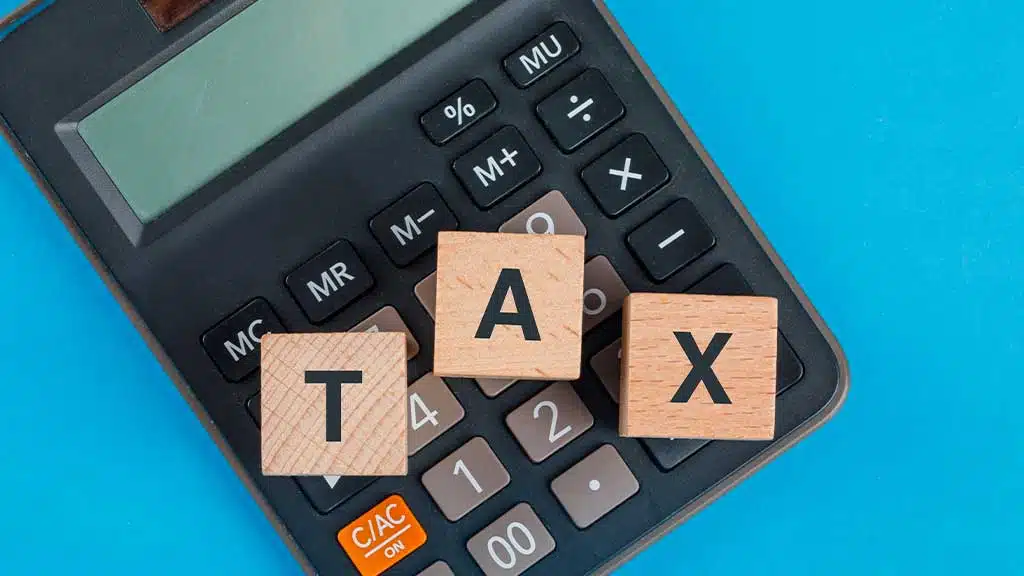
As can be seen, the campervan road tax in the UK is not straightforward and can be confusing for someone purchasing a vehicle for the first time. There are various classifications and the tax rates considerably vary between vehicles.
However, you can easily find an online motorhome tax calculator to know the tax rates for different road vans. The calculator will only require you to provide details like the campervan model and registration date to calculate the approximate tax rate.
Alternatively, your V5 logbook has detailed information about how your vehicle is classified for tax purposes. It also includes the reference number you’ll need to pay your VED or road tax.
If you’re not in possession of your V5 for some reason, the “new keeper” green slip also has the required information. The tax reminder letter V11 from the DVLA can be used in the same manner.
Is Road Tax Cheaper for Campervan?
Now to the main question, is road tax cheaper for campervan than vans or cars? There’s no yes or no answer to this question as it mostly depends on the vehicle you choose. Various aspects like the revenue weight of the vehicle, engine size, and emission level decide the road tax rate for the campervan.
Like campervans, other vehicles are also classified based on when they were registered, their classification, fuel type, weight, and trade license. For instance, at £290, the road tax for a van belonging to tax class 39 registered after 2001 is higher than the road tax for classic motorhomes and even Euro 4 compliant motorhomes weighing less than 3,500kgs.
Similarly, the VW campervan road tax is higher for the T5 model compared to a Euro 4-compliant van registered between 2003 and 2006.
Why It Makes Sense to Lease and Not Purchase a Campervan?
If you’ve noticed, the emission rate of the campervan is a vital consideration for vehicle classification. And newer vehicles are equipped with new and more environment-friendly specifications. This is one of the primary reasons why is road tax cheaper for a camper van if it is one of the latest models compared to older models. So you must choose the best and latest camper vans to reduce your road tax but it might cost you more money than leasing.

One of the most significant advantages of leasing the campervan or any vehicle for personal or professional use is the shorter lease agreements. Once the lease agreement is over, you can easily switch to a more efficient vehicle model to reduce the applicable tax rate.
Understanding Campervan Road Tax Rules in the UK
It is important to understand the rules for motorhome road tax 2023 UK to avoid non-compliance which can lead to enforcement measures and penalties. If the road tax is not paid on time, the DVLA can also clamp the vehicle and even confiscate it. Also, ensure that you check the official tax rates released by the government as they’re regularly updated.
Now that you have your answer for if campervan tax cheaper than van, use this knowledge if you’re planning to purchase a vehicle. If you go with vehicle leasing, look for a trusted car leasing company to ensure you have a satisfying and rewarding leasing experience.







